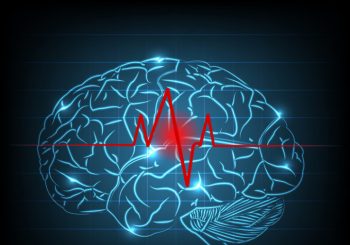
By Galina Markovich
Director, Millennium Memory Care November 1st, 2019 was a milestone in the story of Millennium Memory Care (MMC). It was on that day that we celebrated MMC’s six-year anniversary. When we began, we initially just accepted residents with different types of dementia. But as I saw that more and more people were sent to psychiatric hospitals from other facilities, I decided to help those families with their loved ones who had challenging behaviors. In the six years since ...
Read More
Read More








